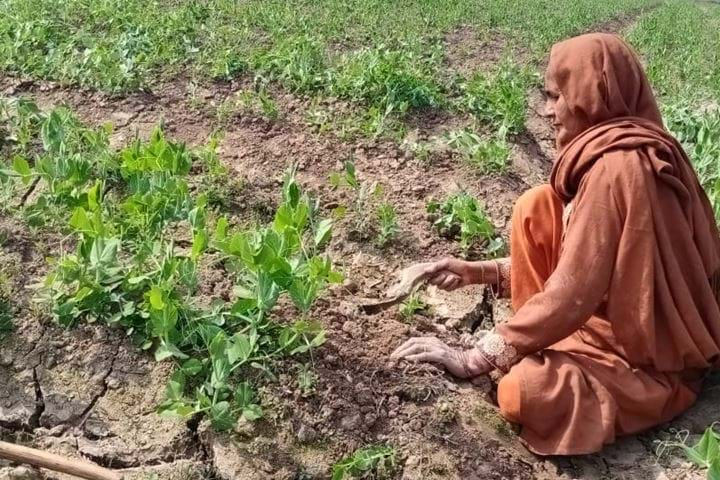Agripreneurs phase II

Why this is important
In 2021, Pakistan was ranked 153rd in the Global Gender Gap Index and 154th on the Human Development Index, with 38 percent of its population living in multidimensional poverty. There is a rising youth unemployment rate out of which more than half are females. Even before the pandemic devastated lives and livelihoods, the women’s labour force participation rate in Pakistan was just 22%, as compared to 82% for men and the global average of 47%. Of the women in work, 75% are classified as in “vulnerable employment” with low pay, lack of job security and poor working conditions. Key drivers of this inequality include:
- Low educational attainment and poor access to skills development
- Cultural and societal norms and attitudes affecting women’s agency and mobility
- Limited access to markets, networks and financial services.
There is a need to target behaviour and attitude change within families and the wider community around the role of women so that there can be a subsequent increase in the visibility of women in workplaces and society. In addition, there is a need for a sustainable transition to economic empowerment and poverty reduction, beyond the individual increase in monthly income and savings.
Project Partners: Sindh Agricultural and Forestry Workers Coordinating Organization (SAFWCO); Shirakat
Duration: 2022 - 2024
Project goals
Building on the successes and learnings from Phase 1 of the project, British Asian Trust is working with local implementing partners, SAFWCO and Shirakat, to deliver the project designed with a two-pronged approach:
- Work with 700 high potential agripreneurs (88% women) from Phase 1 to strengthen the marketing and quality standards of their products
- Train a new batch of 303 young people (93% women) in business skills, support them to establish agriculture enterprises, enhance their knowledge of marketing, and develop and sell products in agricultural value chains with strong local potential
The overall long-term objective of the project is to breakdown gender disparities and tackle women’s unequal access to skills, markets, networks, financial knowledge and services that limit their ability to participate equally in labour and business markets.
What we are doing
The British Asian Trust is incorporates learnings from phase 1 of the project through affronting challenges that include cultural barriers around working women enforced by the trainees’ families. To reduce the adverse effects of cultural barriers faced by women and its consequential potential dropouts, we employ mitigation strategies. In collaboration with our partners, we work with community leaders and families to foster a better enabling environment for women entrepreneurs and in the long-term rallying a shift in cultural barriers that hinder women from participating fully in society. Additionally, we opt for high performing value chains such as chilies and fodder, both of which have significant demand, so entrepreneurs are better protected from sudden market shocks.
The project, with the support of a grant of $200,000 from the Standard Chartered Foundation, will continue to leverage a variety of agricultural value chains with opportunities to add value through products with identified market demand in different geographies, supporting entrepreneurs from our previous batches to increase market access and eventual sustainability of their enterprise.
Key outcomes of the project include:
- 947 targeted young people increase their earning from Phase 1 and Phase 2
- 150 agri-enterprises and 70 enterprise groups (comprising of 350 agripreneurs) are still operational six months after end of direct programme support
